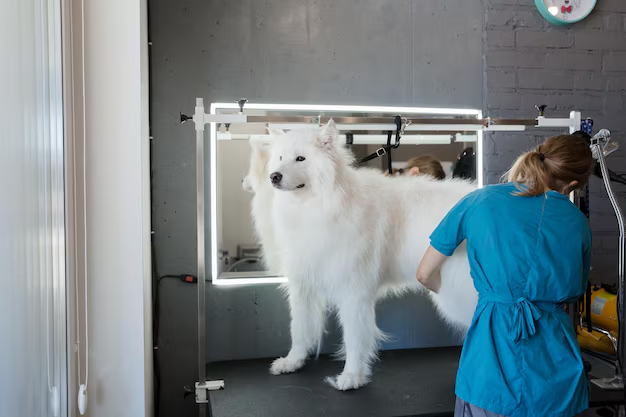How to Become a Vet Tech: Essential Education and Certifications
Aspiring veterinary technicians, or vet techs, find themselves at the heart of animal healthcare, assisting veterinarians while providing compassionate care for pets and other animals. To embark on this rewarding profession, one typically starts with an Associate of Applied Science (AAS) degree in Veterinary Technology. This foundation, often pursued through community colleges or specialized institutions, offers a blend of classroom and hands-on laboratory experience, ensuring that graduates are well-equipped for the practical demands of the field. The importance of enrolling in a program accredited by the American Veterinary Medical Association (AVMA) cannot be overstated, as this credential is essential for both competence and future career prospects.
Following the completion of a degree, aspiring vet techs usually opt to take the Veterinary Technician National Examination (VTNE), a standardized test that evaluates the knowledge and skills vital for this career. Passing the VTNE is a critical step in securing state licensure or certification. While each state may have its own specific requirements, most require the combination of academic credentials and successful exam results for professional practice. Additionally, pursuing specialized certifications in fields such as anesthesia, internal medicine, or emergency and critical care can further enhance a vet tech's expertise and attractiveness to potential employers, reinforcing the importance of continuous professional development in this dynamic and rewarding industry.
Important Pathways to Becoming a Vet Tech
-
🎓 Associate of Applied Science (AAS) in Veterinary Technology
- Accredited by the American Veterinary Medical Association (AVMA)
-
📝 Veterinary Technician National Examination (VTNE)
- Required for licensure or certification in most states
-
📜 State Licensure/Certification
- Varies by state but generally needs an accredited degree and VTNE
-
💼 Specialized Certifications
- Options in anesthesia, internal medicine, and more for career advancement
